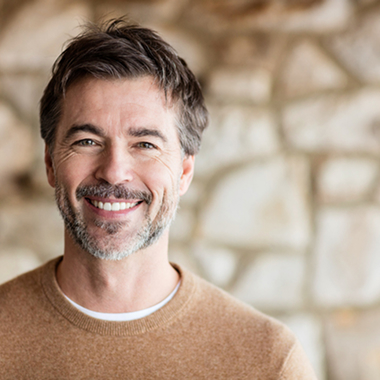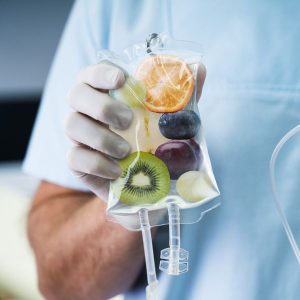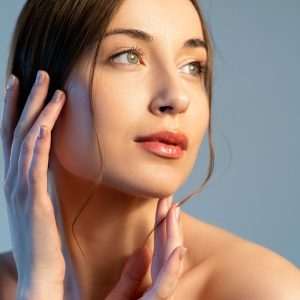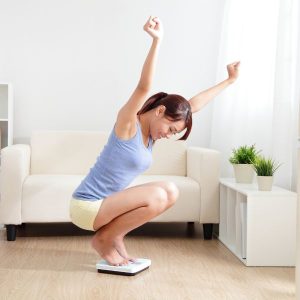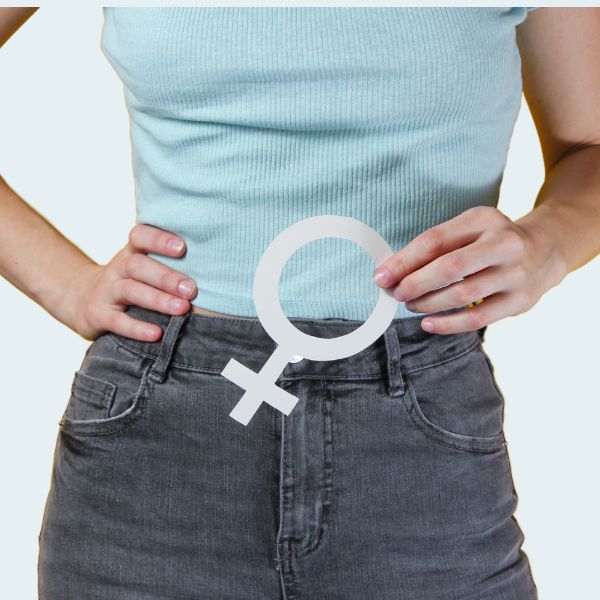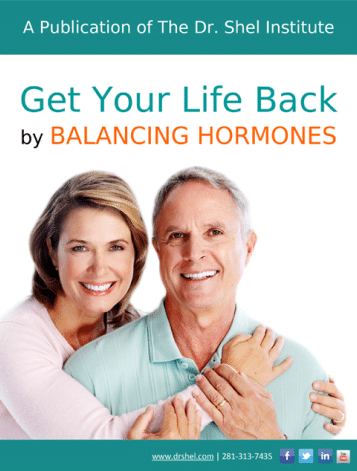Tips for lengthening and thickening your hair with natural nutrients.
Many people believe that their hair plays a significant role in their overall looks and appearance. If you think about it, there is a reason that having messy hair is referred to as a “bad hair day” and not a bad hair morning or a messy hair moment.
 Waking up with hair that is bumpy in all the wrong places, slicked back awkwardly on one side and not holding a style for the life of it can make you feel self conscious throughout the entire day. While for most people, this hair awkwardness only lasts as far as their next shower, some people suffer daily from the “ultimate bad hair day”―hair that is constantly thin, brittle and lifeless.
Waking up with hair that is bumpy in all the wrong places, slicked back awkwardly on one side and not holding a style for the life of it can make you feel self conscious throughout the entire day. While for most people, this hair awkwardness only lasts as far as their next shower, some people suffer daily from the “ultimate bad hair day”―hair that is constantly thin, brittle and lifeless.
While losing a few hairs in the shower or pulling out some excess strands on your hairbrush is normal, many people, both men and women, suffer from the problem of significant, and sometimes permanent, hair loss. While this can sometimes be caused by simple factors such as genetics or damaged, over-treated hair, hair loss may also sometimes be a big indicator of a person’s overall health.
Causes of Hair Loss and Thinning
The causes of thinning, damaged hair can be attributed to many different factors including disease, rapid weight loss, infections, etc. One of the most common causes of hair loss in people is heredity. If you are someone whose parents, grandparents and great-grandparents all went bald or lost their hair at an early age, there is a good chance that you will follow the same pattern.
Another outside cause of hair loss is over-exposure to chemicals or pollution. This most commonly occurs in women who have a long history of bleaching, dying, coloring or highlighting their hair. Excessively using damaging heating hair tools such as blow dryers, curling irons or straighteners can also contribute to the problem of hair loss later in life.
While these outside factors are common causes of thinning, damaged hair, one of the biggest reasons for hair loss actually comes from our own lifestyle and habits. Many people who have poor nutrition or a vitamin deficiency often have brittle, damaged or thinning hair that falls out easily. Luckily, this is a problem that we, ourselves, have the power to change through natural treatments and proper dieting.
How To Get Thicker, Healthier Hair Growth
Because missing important vitamins or minerals in your diet can cause hair loss in both men and women, one of the best ways to reverse damaged hair is by putting these nutrients back into your body.
Many experts agree that Vitamin B plays a vital role in several different areas of the body and a shortage of this helpful vitamin can result in significant hair loss. One of the most helpful nutrients in Vitamin B is B12. This particular vitamin is required by hair follicles in order to properly replicate the follicles and grow hair effectively. Another important nutrient in Vitamin B is biotin. In fact, this specific type of nutrient is so helpful in triggering hair growth that it is often prescribed alongside hair-growth supplements such as Rogaine or Ronoxidil.
Another important mineral in the body that can help to grow thicker, healthier hair is zinc. This trace mineral plays a vital role in many bodily processes such as cell reproduction, protein synthesis, hormonal balance and proper absorption of vitamins. All of these processes are essential for proper hair grown.
Watching your hair thin and fall out day after day can be frustrating and upsetting, however, maintaining a healthy, balanced diet full of fruits and vegetables while utilizing helpful nutrients such as Vitamin B and zinc, you no longer have to suffer from the “ultimate bad hair day.” Longer, thicker hair can lead to a perfect hair day for many years to come.




